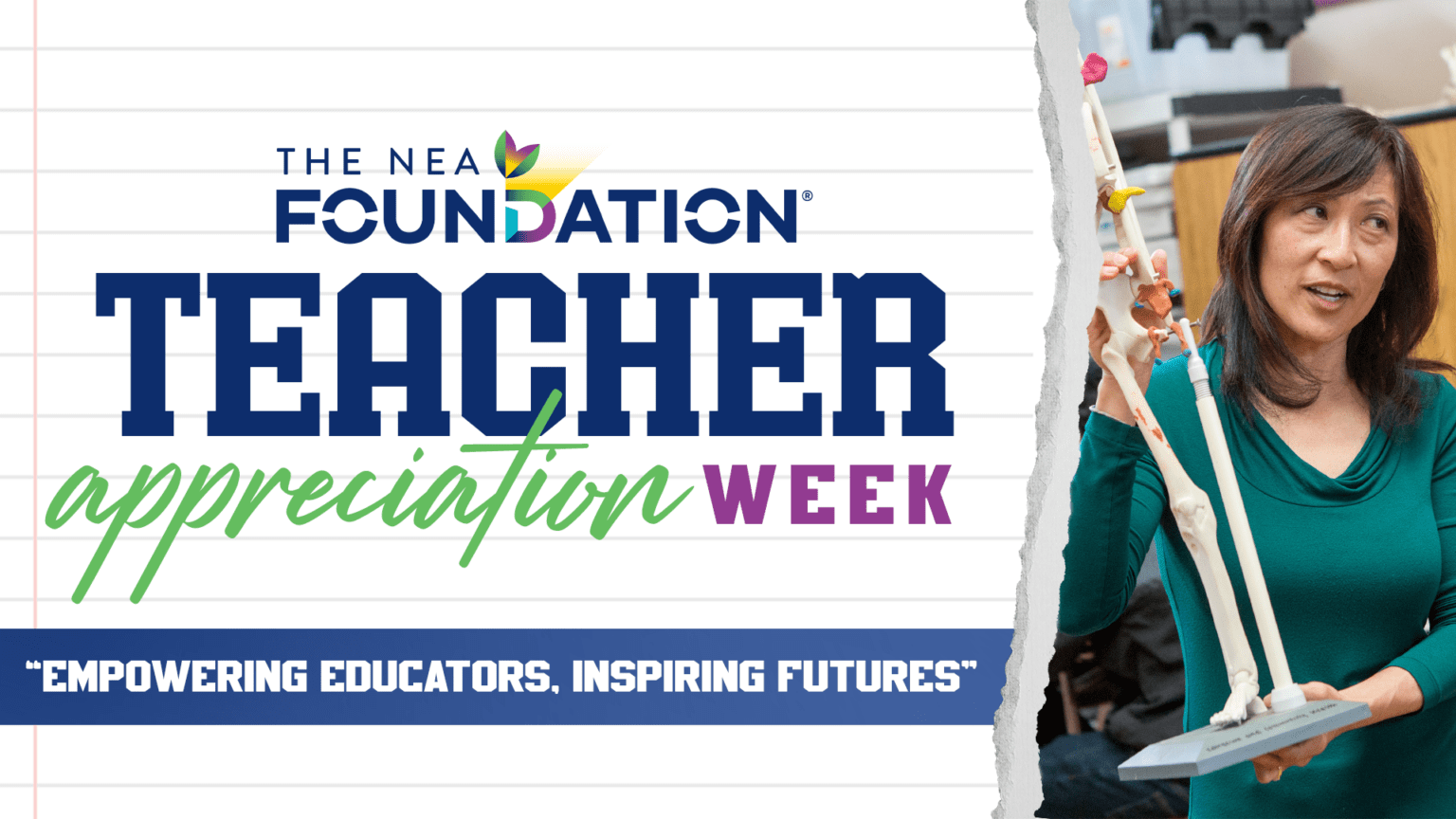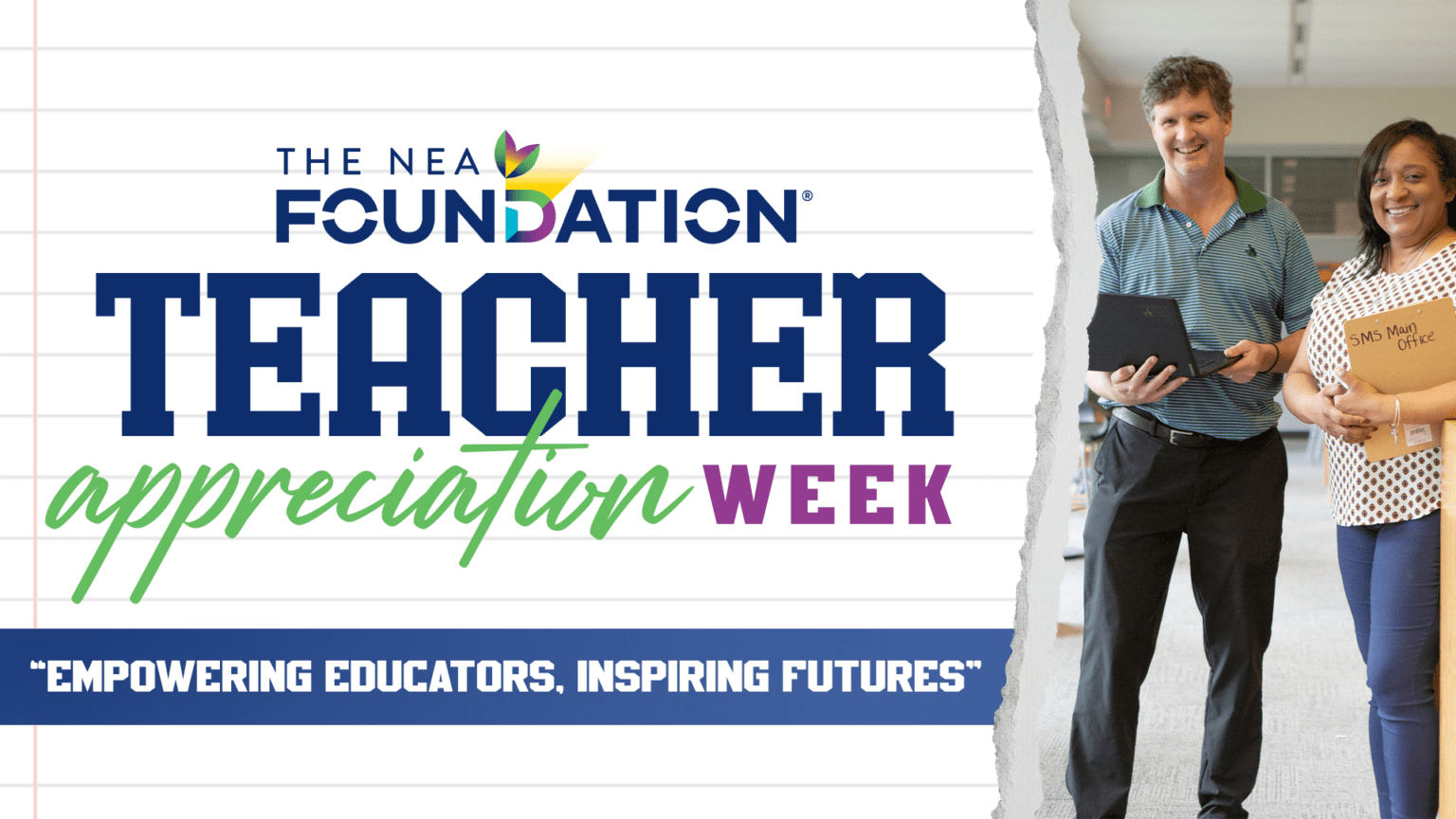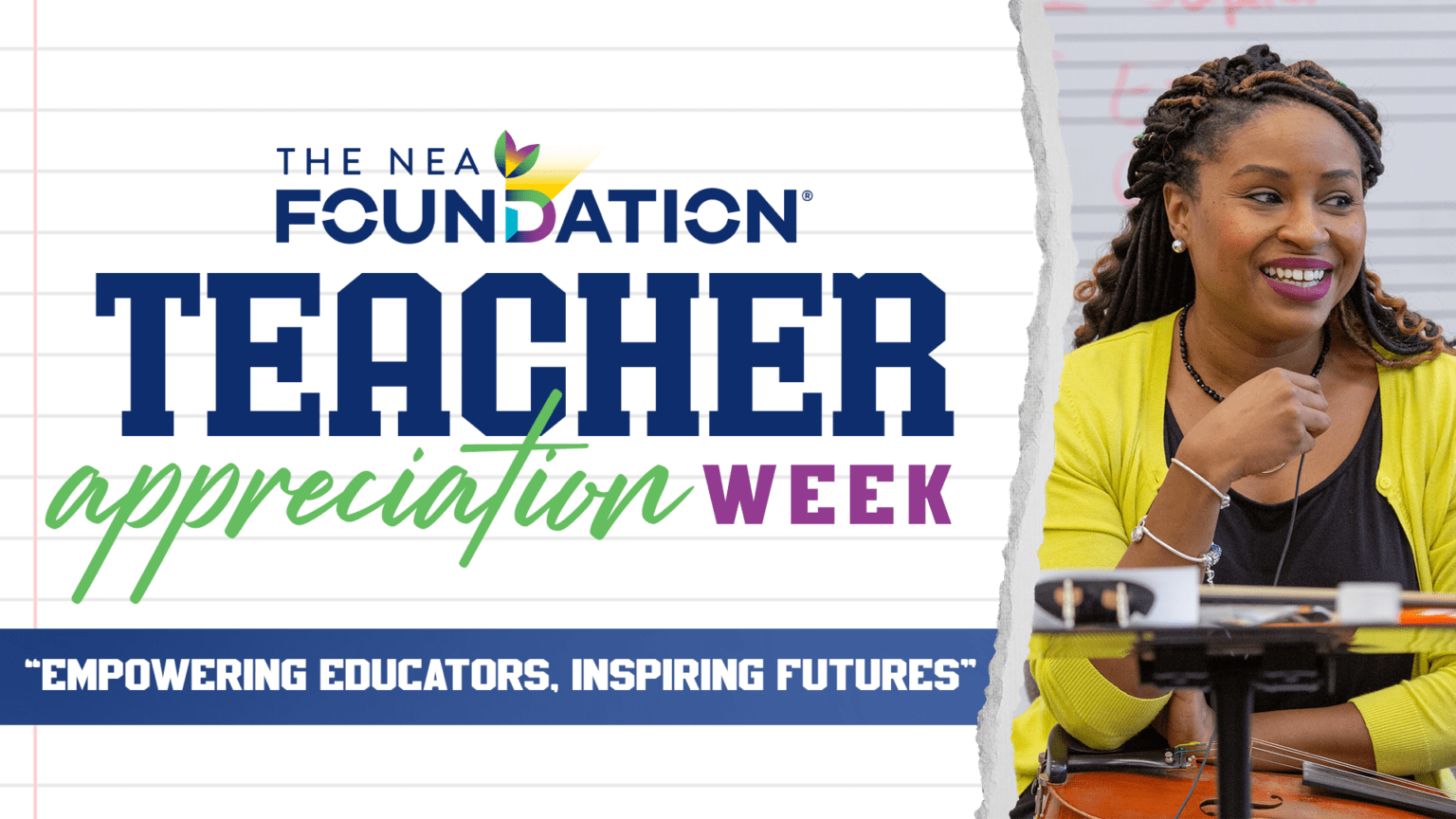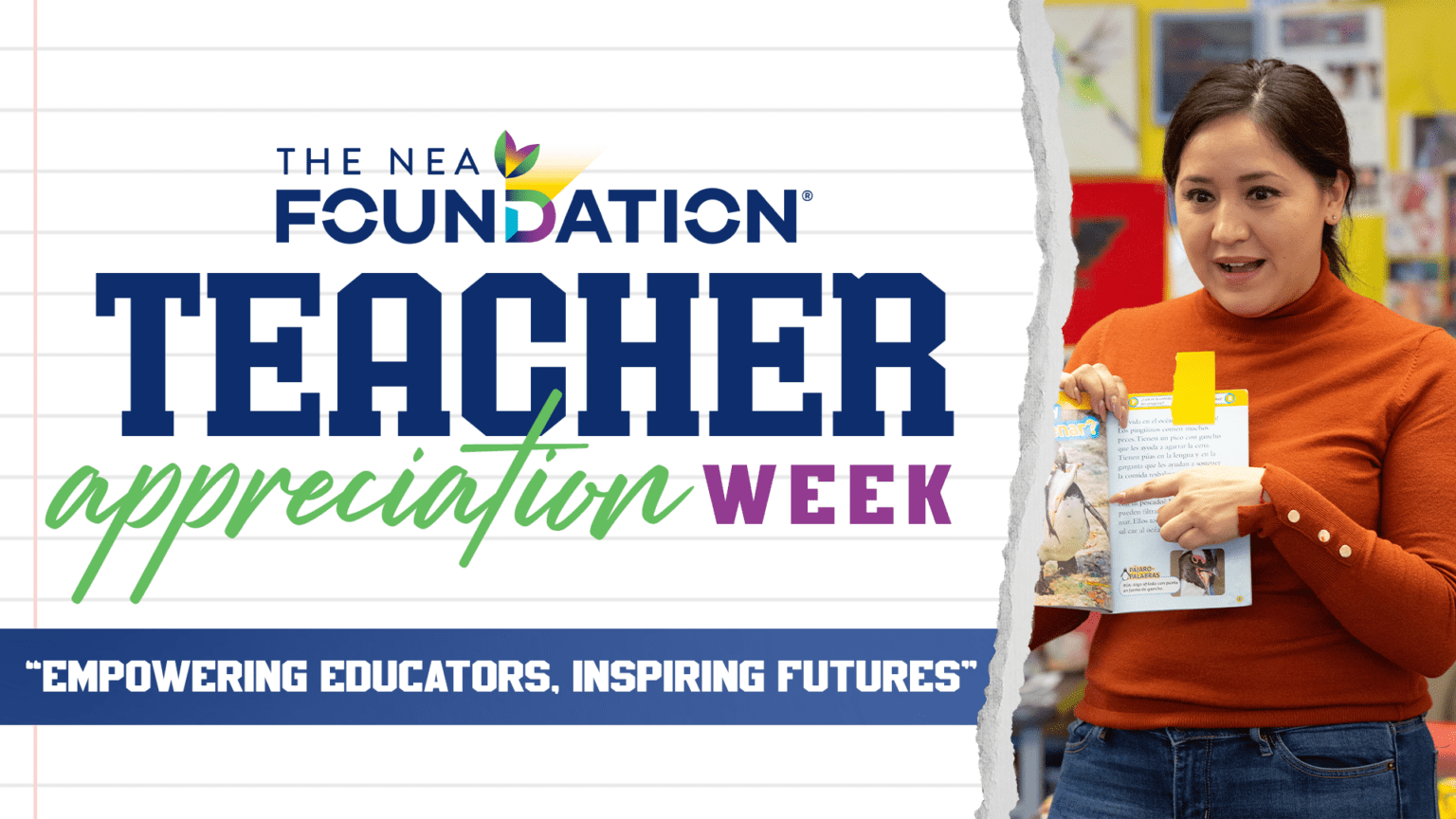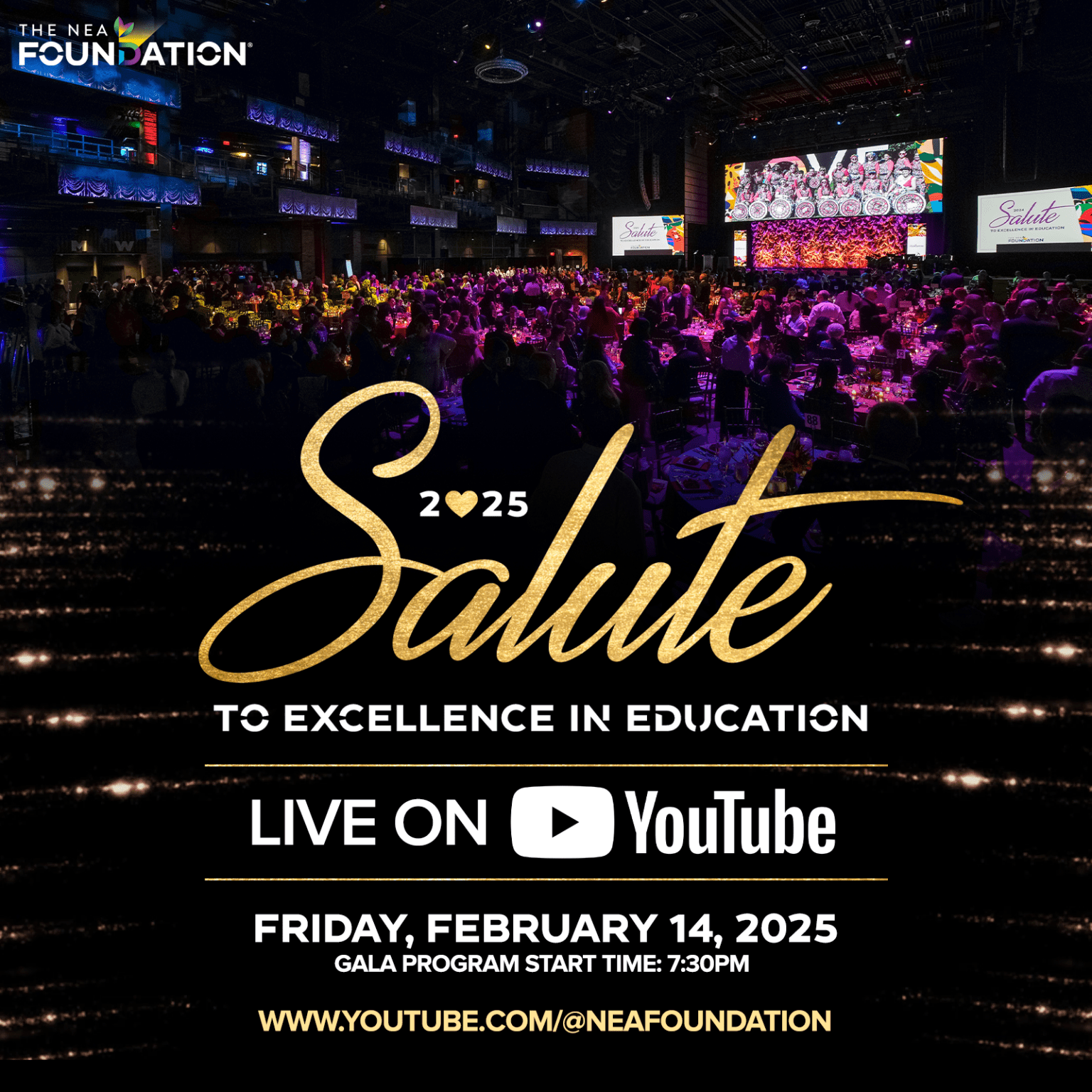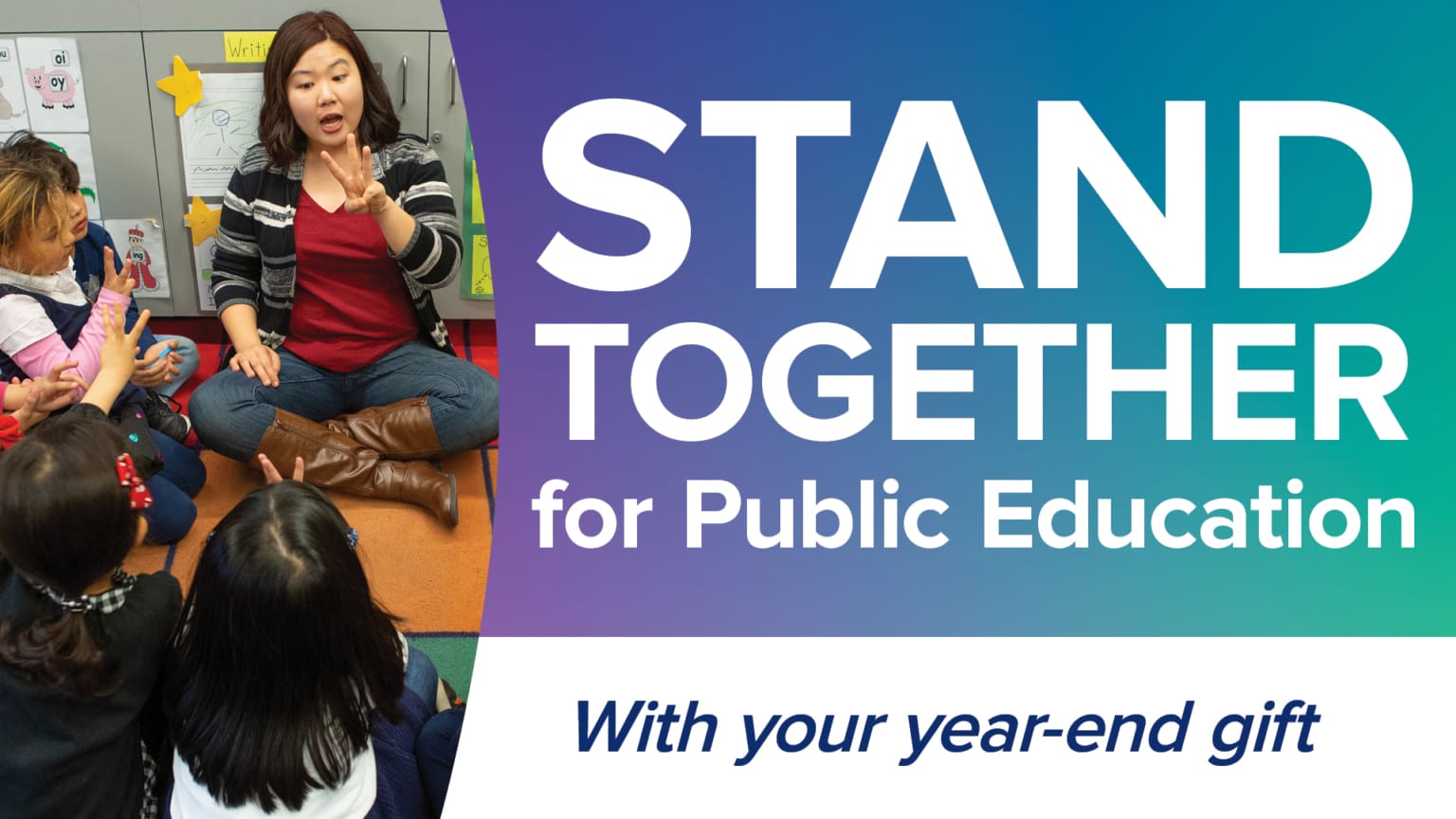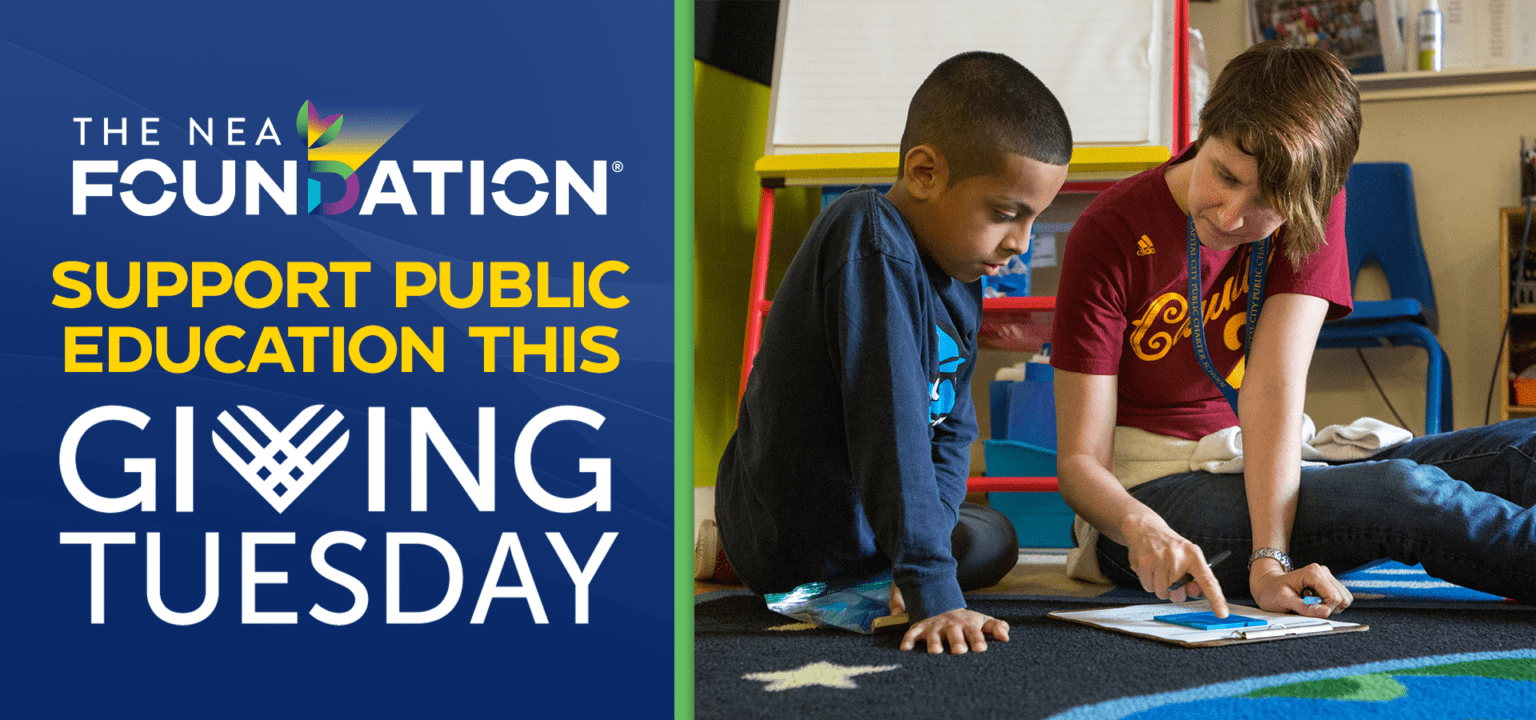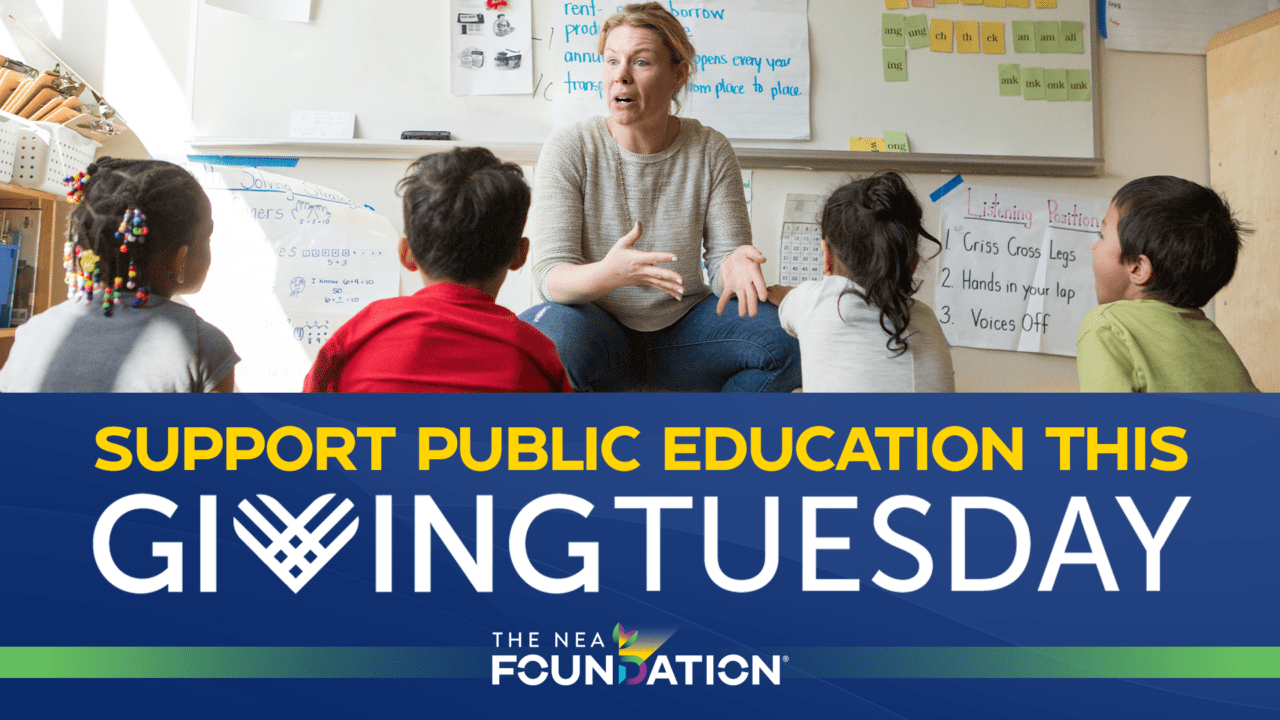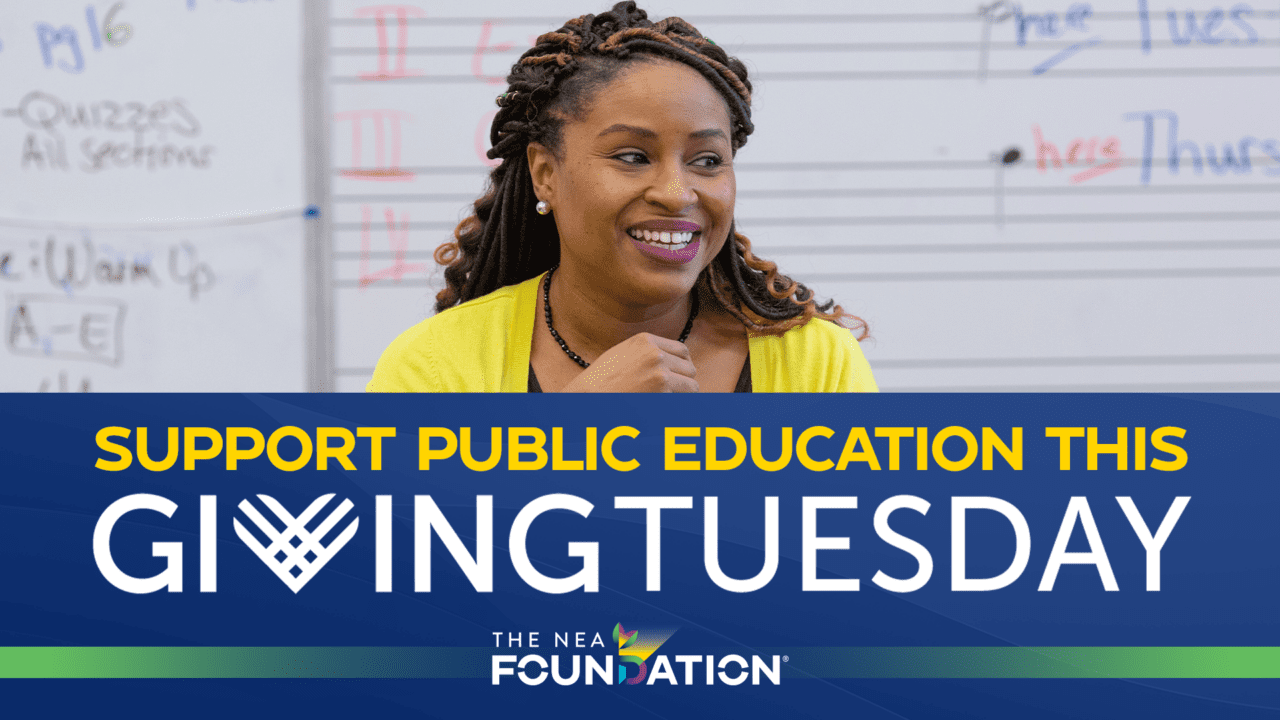This blog is part of a series produced by 2013 NEA Foundation Global Learning Fellow, Joshua Parker, an educator at Windsor Mill Middle School in Baltimore, MD, and the only African American male from Baltimore County Public Schools to win Maryland State Teacher of the Year. Read part one and part two of this series for more on how Parker explores the topic of male African American students thriving in reading.
Photo: Joshua Parker (center) and a group of high school students in Sao Paulo, Brazil.
Give multiple chances for African American males to speak and write (or perform) about things they are passionate about.
“Without a vision, the people perish,” was the title of the first speech I ever gave. I was barely ten. It was a rush, to be sure, but it was also a bit robotic. My speech was thankfully, heavily crafted by my parents, and I practiced it so much that the delivery felt more like an involuntary reflex than a dynamic presentation. Nonetheless, I was introduced to the public stage at an early age and almost twenty years later, I was, speaking to hundreds of educators after receiving the 2012 Maryland Teacher of the Year award. I doubt the second speech could have happened without the first one.
This same opportunity to speak publicly on issues of great importance is a characteristic of a culture that engages Black males in the reading, writing, and speaking process. Below are five ways to establish this practice in your classroom and school:
1. Feature free-writes frequently.
My first year as a high school English teacher featured no less than five fights or near fights—all of them between and among Black males— within the first few months. Coming from middle school, I really hadn’t experienced this. After going to a professional development session facilitated by the late, great Paul Slocumb on Boys in Crisis, I started to get some ideas. I followed that up with watching one of my favorite movies of all-time, “Freedom Writers,” and it dawned on me that one part of the solution may be to give my Black boys the psychological space to unload their thoughts, passions, and fears. I established free-writes on almost a daily basis for all of my students. They were to write without stopping for at least five minutes on any topic they felt strongly about. If given permission, I would then read what they wrote. (More on that in a future blog post). I didn’t have one fight that year.
2. Main-idea Mondays, thematic Thursdays and free-style Fridays.
Take a literary skill that your Black males are already strong in, and give them an opportunity to publicly practice that strength with a literary practice of their choice (spoken word, speech, rap, free-style, poetry, song). You can do this weekly, bi-weekly, or even monthly on pre-planned days. You can also have a majority prepare and only call a few up in front of the classroom. (Or you could have them perform their pieces in pairs and by elimination, have the best five perform at the end of the class). Remember the focus is on their experiences, their passions and their strengths. If there is an opportunity to insert parts of the texts you’re currently reading, then use it. If not, then don’t.
3. Standardize the feedback loop for speeches.
In the masterful book, “Leverage Leadership,” by Paul Bambrick Santoyo, the idea of data-driven instruction is grounded in the practice of providing students (and teachers) with simple rubrics that are flexible enough to be used on multiple assignments and in multiple grades. This idea is buttressed by ideas in, “Focus,” by Mike Schmoker, in which the idea of less is more when it comes to rubrics and assessments is emphasized. So, here’s what that looks like in your classroom:
- Have students look at good and bad speeches.
- Allow them to critique both good and bad speeches.
- Pull out their critiques into a simple five-point rubric.
- Create it and display it in the classroom (as well as throughout the school, if possible)
- Have every single speech, spoken word, rap or poem judged by that rubric for the duration of the year
4. Enthusiastically celebrate great writing.
When your Black boys create awesome works of prose or poetry, frame them. Celebrate them. Have the boys recite them. Reference lines from them in worksheets. In exemplars. In essays. Compare their writing to great writers from the past. Have them create a writer’s notebook in which they keep beautiful pieces of writing from their outside-of-school experiences. Have them recite these pieces in front of the school.
5. Create school-wide opportunities for speaking.
My senior year of high-school was pretty awesome. I finally had a grounding of who I was as a person, as well at least more than three friends (don’t laugh). I also was given the ability, along with my best friend, Paul Williams, to plan the school’s first ever poetry slam. From the audition to the planning to the actual show, it was one of the most powerful experiences I will ever have with writing and speaking. Some of the students (most of whom were Black males) who auditioned literally took our breath away and did the same to the student body.
It was there that I had a seminal moment in my life on stage. After struggling with being a year younger than all of my peers since the fifth grade, I finally made peace with my awkwardness and “immaturity.” I came out in a shirt, tie, and slacks, and over-sized tennis shoes and performed a poem called “Maturity.” (The mixture of clothes was to show that maturity can come in different forms and to honor the different parts of people who don’t fit the accepted idea of normal.) I uttered my last line as a stinging rebuke to all of the taunts, cheers, and teases hurled my way. The crowd erupted in applause. It was emotional. It was cathartic. It was magical.
When I first heard “Harlem” by Langston Hughes, I was enthralled by how utterly simple he had captured the emotional battle between hope and despair. I never knew words could dance like that. Now, having heard it hundreds of times since, I still am inspired by the musicality of his words. Hughes came out of a culture that allowed him to express these thoughts without edit and without censorship. If we are to uncover the next Langston, these same conditions have to exist in our classrooms. If it doesn’t happen, where do the dreams, hopes, and fears of our Black boys go? Maybe they just… explode.
Disclaimer: This blog contains the views, opinions, and positions of the author alone and do not represent those of The NEA Foundation. The accuracy, completeness, and validity of any statements made within this blog or information found by following any link in this blog are not guaranteed. We accept no liability for any errors or omissions in this information. The copyright of this content belongs to the author and any liability with regards to infringement of intellectual property rights remains with them. These terms and conditions of use are subject to change at any time.


